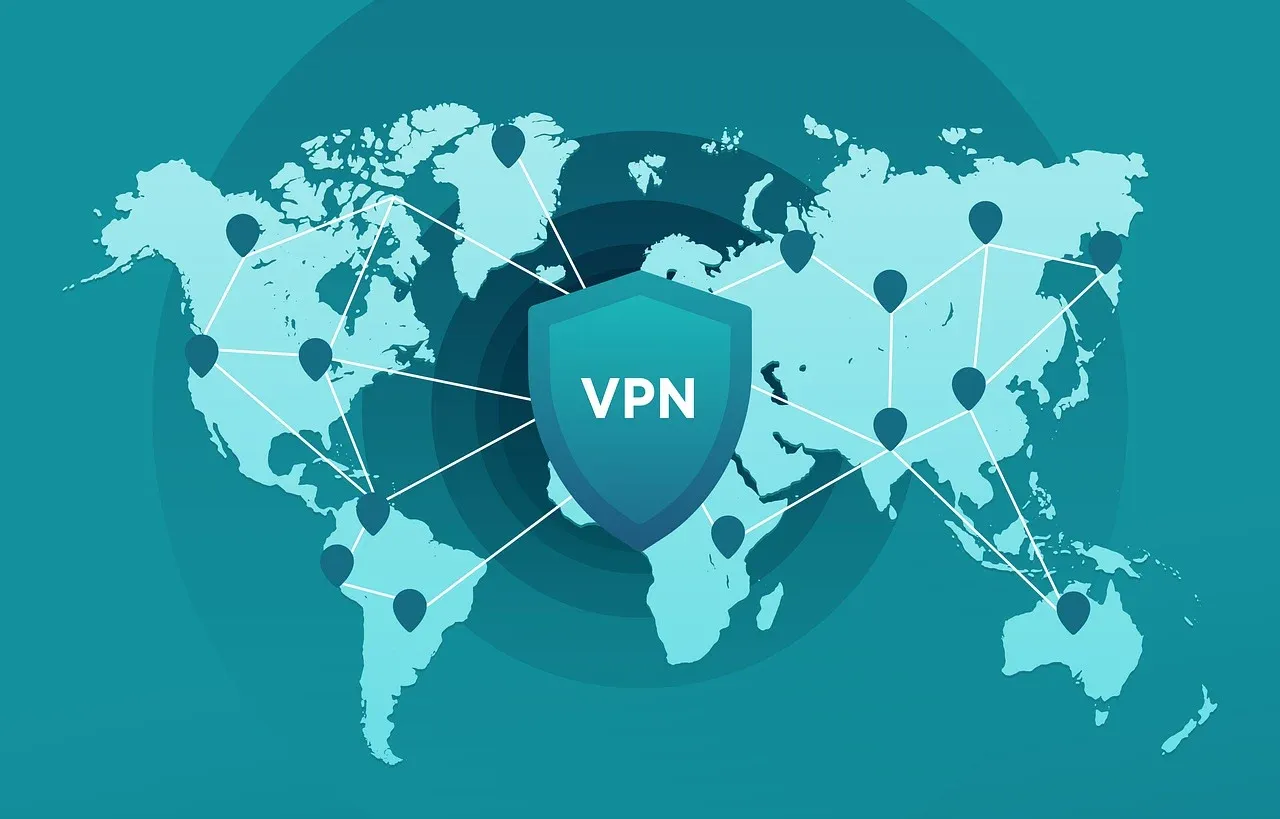VPN's Explained

In a world where data privacy and security have become increasingly important, Virtual Private Networks (VPNs) have emerged as a popular tool for protecting internet users' online activity. This article will explore the origins of VPNs, what they are, their applications, and their potential for both protecting users and being exploited by criminals.
Origins of VPNs:
VPNs were first developed in the mid-1990s, primarily for businesses to securely connect remote offices and employees to their company networks. The technology enabled companies to create private, encrypted connections over the public internet, ensuring the confidentiality and integrity of transmitted data. As the internet grew in popularity and security threats increased, VPNs became a valuable tool for individual users looking to protect their online privacy.
What are VPNs?
A VPN is a service that creates a secure, encrypted connection between your device and a private server over the public internet. This virtual tunnel allows your data to be transmitted securely, keeping it hidden from potential eavesdroppers and hackers. By routing your internet traffic through a VPN server, your IP address is also hidden, making it difficult for websites and third parties to track your online activities.
Cyber Eavesdropping:
In the context of cybersecurity and online privacy, eavesdropping often involves intercepting and monitoring internet traffic, such as emails, instant messages, or web browsing activities, to gain access to sensitive information or simply to spy on the activities of the targeted individual or organization.
Cybercriminals or other malicious actors may use various techniques to eavesdrop on digital communications, including packet sniffing, man-in-the-middle attacks, or exploiting unsecured Wi-Fi networks. These activities can lead to identity theft, financial fraud, and other forms of cybercrime.
To protect against eavesdropping, users can use secure communication channels, such as end-to-end encrypted messaging apps, and connect to the internet through a VPN (Virtual Private Network), which encrypts your data and helps prevent unauthorized access. Additionally, always use strong, unique passwords and enable multi-factor authentication whenever possible to enhance your online security.
VPNs have a wide range of use cases, including:
- Privacy Protection: VPNs help users maintain privacy by concealing their online activities from ISPs, governments, and advertisers. By hiding their IP address, users can browse the web anonymously and avoid being tracked.
- Security Enhancement: VPNs provide an additional layer of security by encrypting data transmitted over public Wi-Fi networks, preventing potential eavesdropping and man-in-the-middle attacks.
- Bypassing Geo-restrictions: VPNs enable users to access content that may be blocked in their region by connecting to a server in a different country, effectively changing their virtual location.
- Remote Work: Businesses use VPNs to securely connect remote employees to their company networks, allowing them to access essential resources and data.
Criminal Use:
While VPNs offer numerous legitimate benefits, they can also be exploited by criminals for various malicious activities. By using a VPN, criminals can hide their real IP address and location, making it difficult for law enforcement to trace their activities. Here are some in-depth examples of how criminals use VPNs:
- Cyberattacks: VPNs can help attackers conceal their identity while launching cyberattacks, such as Distributed Denial of Service (DDoS) attacks, ransomware attacks, and phishing campaigns. By using a VPN, attackers can make it more challenging for authorities to identify and apprehend them.
- Hacking: Hackers can use VPNs to cover their tracks while attempting to infiltrate computer systems, steal sensitive information, or launch other malicious activities. The anonymity provided by a VPN can help hackers avoid detection and minimize the risk of being traced back to their real location.
- Fraud: Criminals engaged in online fraud schemes, such as credit card fraud or identity theft, may use VPNs to mask their true location and identity. This makes it more difficult for authorities to track their activities and link them to specific criminal acts.
- Selling illegal goods and services: VPNs can provide a level of anonymity for criminals operating on the dark web or other online marketplaces that facilitate the sale of illegal goods and services, such as drugs, counterfeit products, or stolen data.
- Piracy and copyright infringement: Some individuals may use VPNs to download or distribute copyrighted materials, such as movies, music, or software, without permission. By hiding their IP address, they attempt to avoid detection and potential legal consequences.
- Bypassing censorship and surveillance: While many people use VPNs to bypass government censorship for legitimate reasons, criminals may also use them to access blocked websites or services to engage in illegal activities, such as purchasing illegal goods or communicating with criminal associates.
Protecting Yourself with a VPN:
Now that we've covered criminal use, here's how you can combat criminal VPN users. Using a VPN is an effective way to enhance your online security and privacy. To maximize the benefits of a VPN, it is crucial to follow certain best practices:
- Choose a reputable VPN provider: Not all VPN providers are created equal. Some may have weak encryption, while others may log user data or even sell it to third parties. To ensure your privacy is protected, research and select a VPN provider with a proven track record of safeguarding user data, offering strong encryption, and maintaining a transparent privacy policy.
- Robust encryption protocols and no-logs policy: Encryption protocols determine how your data is secured while being transmitted through the VPN tunnel. Opt for a VPN that supports secure protocols, which provide strong encryption and are widely considered reliable. Additionally, choose a VPN with a strict no-logs policy, meaning the provider does not store records of your online activities. This ensures that even if the VPN provider is compromised or subpoenaed, your data remains private.
- Update your VPN software regularly: Just like any other software, VPNs can have vulnerabilities that can be exploited by cybercriminals. To minimize the risk of security flaws, it is essential to keep your VPN software up-to-date. Enable automatic updates, if available, or periodically check for updates to ensure you have the latest security features and patches.
- Enable the VPN kill switch: A kill switch is a security feature that automatically disconnects your internet connection if your VPN connection is interrupted or lost. This prevents your real IP address from being exposed and your data from being transmitted over an unsecured connection. Enabling the kill switch adds an extra layer of protection to your online activities.
- Use a VPN on all devices: To maximize your online security, install and use a VPN on all devices that connect to the internet, including smartphones, tablets, and computers. This ensures consistent protection across all your online activities.
- Avoid using free VPNs: While free VPNs may seem attractive, they often come with significant drawbacks, such as slow speeds, data caps, and limited server options. Moreover, some free VPN providers may engage in questionable practices, such as logging user data or serving ads. Investing in a paid, reputable VPN service is a better option for ensuring your online security and privacy.
By following these best practices, you can take full advantage of a VPN's security features and protect yourself against potential online threats and cyberattacks.
VPNs have become an essential tool for protecting privacy and security in the digital age. They offer numerous benefits, such as enhanced security, anonymous browsing, and access to geo-restricted content. However, it's crucial to remember that VPNs can also be exploited by criminals. By understaning and choosing a reputable VPN provider and following best practices, users can enjoy the advantages of VPNs while protecting themselves from potential online risks and cyberattacks.
Thanks for reading!
Article links:





TIME IS MONEY: Your Daily Scoop of Markets📈, Business💼, Tech📲🚀, and Global 🌎 News.
The news you need, the time you want.
Site link ⬇:

Advertisement Inquiries: timeismoney@timeismon.com
Support/Suggestions Email: timeismoney@timeismon.com


